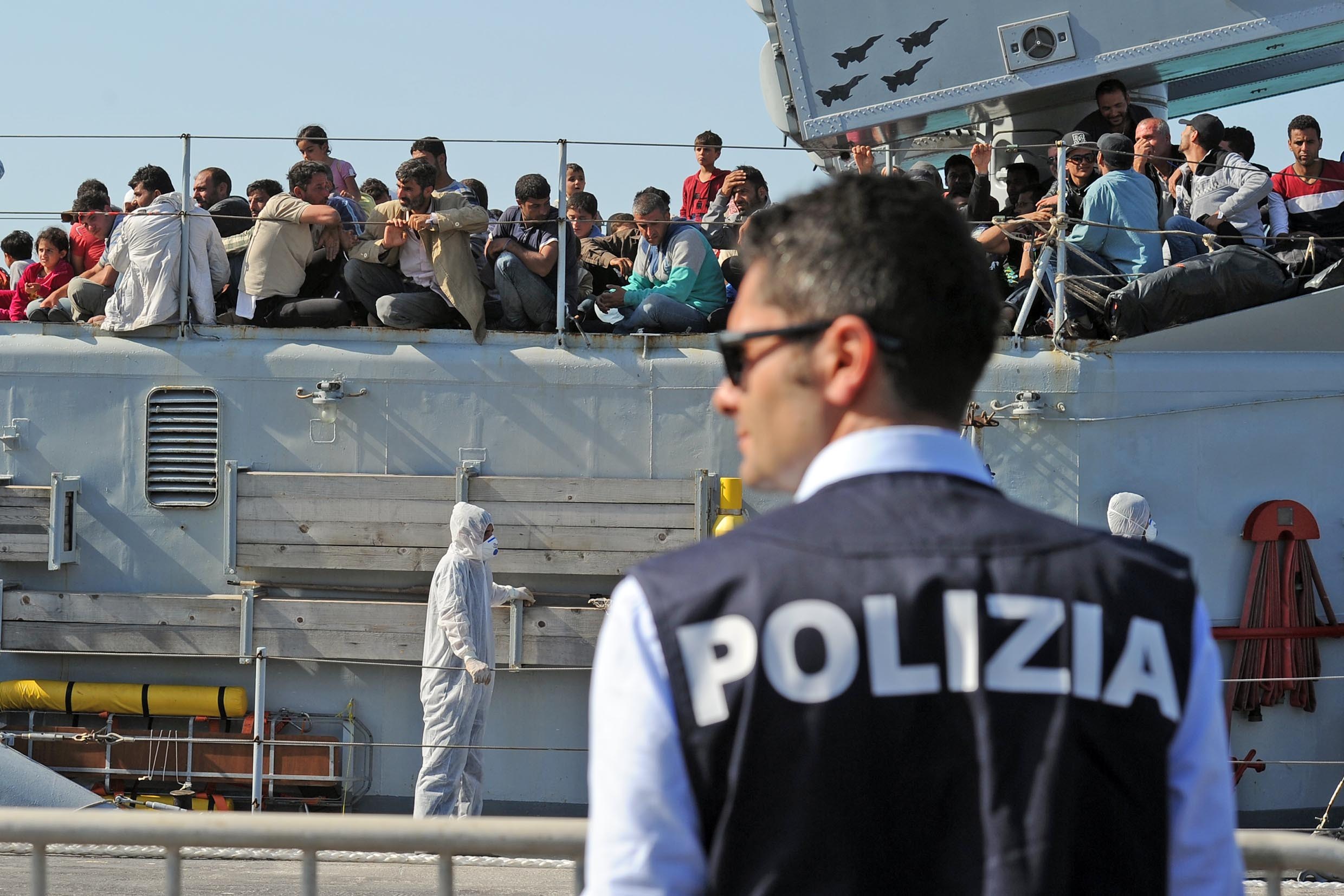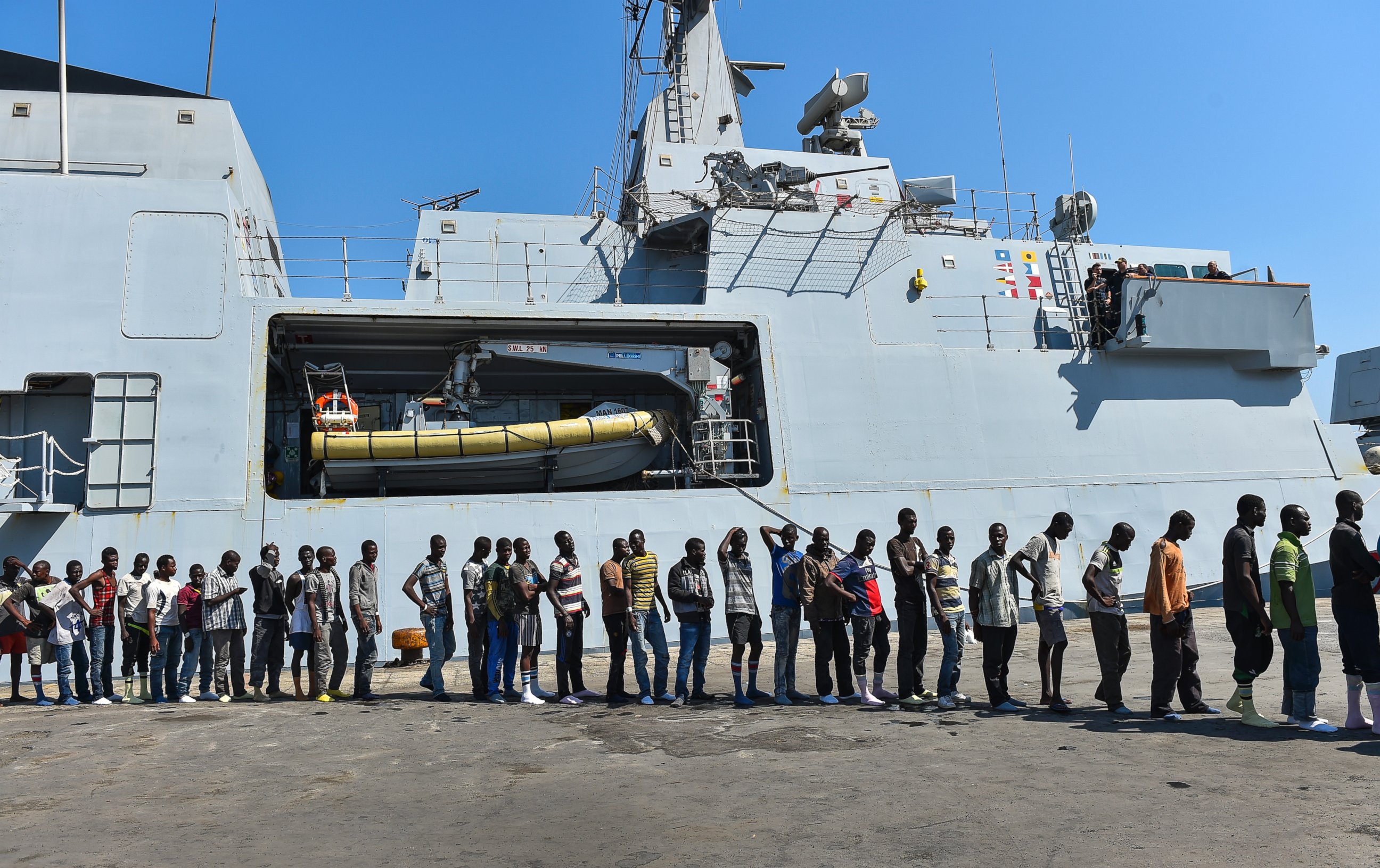Understanding Why EU-Bound Refugees Risk Their Lives to Cross Mediterranean
A look at the history behind recent refugee shipwrecks and deaths.
— -- Refugees have been journeying to Europe from Africa and the Middle East for years, but the numbers have seen a sharp climb recently because of several factors. Some of the reasons they make the treacherous trip: conflict, terrorism, poverty and persecution.
In the video above, ABC News documents the perils these refugees face and the numbers behind the crisis.
Officials say this weekend marked what was possibly the deadliest refugee disaster. A boat capsized heading from Libya to Europe in the Mediterranean Sea, and survivors say more than 900 people could be dead.
Dramatic video emerged today from Greece showing another shipwreck and people swimming for their lives. There were also reports of several other distress calls from refugee boats across the Mediterranean.

Refugees take a variety of routes and come from a number of different countries, including Eritrea, Niger, Syria, Iraq and Somalia.
Videos taken by people on the boats have shown unfit living conditions. And the risks run high, including rough seas and crowded and dangerous ships.

There’s an ongoing debate in Europe about how to handle the crisis. The European Union has scaled back rescue efforts to deter refugees from the journey, which has been ineffective.
More than 35,000 refugees have arrived by boat in Europe this year, and an estimated 1,600 have died on the journey, according to the International Organization for Migration.
The Associated Press contributed to this report.




